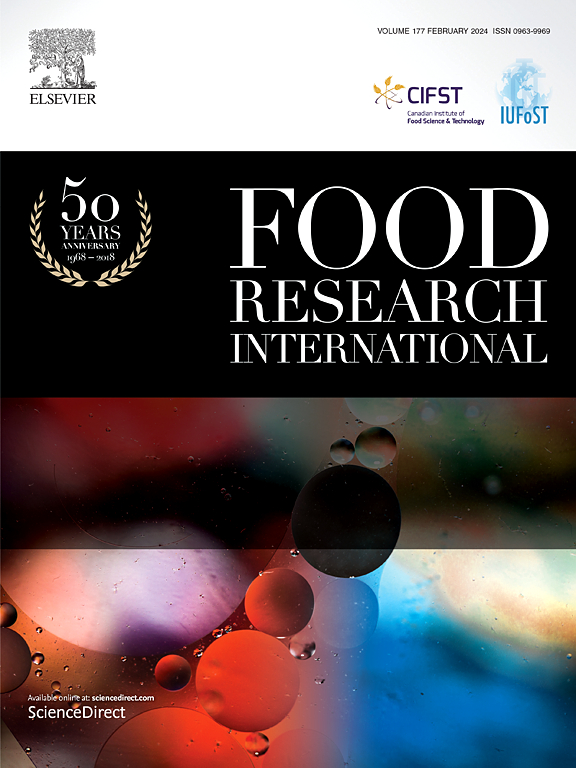对肉类中nDL-PCB膳食暴露样本池实施的事前评估
IF 7
1区 农林科学
Q1 FOOD SCIENCE & TECHNOLOGY
引用次数: 0
摘要
对食品公司和食品安全当局来说,实施样本汇集是一种有效的战略,可以加强对食品化学品安全的监督。样本汇集是一种集体测试战略,将多个样本合并成一个池,用一种分析方法进行测试。本文旨在以肉类多氯联苯(PCB)暴露为案例研究,评估基于样本池的监测对人类健康的益处。它通过比较样本池(18,275具测试尸体)与当前(731具测试尸体)和系统测试(2300万具测试尸体),以及反映猪肉行业最合理发展的两种情景,评估法国猪肉中非二恶英样多氯联苯(nDL-)暴露情况。为此,采用一种概率方法,利用调查数据和情景驱动的模拟来评估成年人的暴露程度。结果表明,样本池是减少接触的有效监测方法,其中一种方案可使超过二恶英和类二恶英多氯联苯可耐受周摄入量(TWI)的法国成年人人数减少10,000人,另一种方案可使超过二恶英和类二恶英多氯联苯可耐受周摄入量(TWI)的法国成年人人数减少20,000人。在这两种可能的情况下,样本汇集位于当前测试和系统测试之间,离系统测试不远。本文章由计算机程序翻译,如有差异,请以英文原文为准。
Ex-ante assessment of sample pooling implementation on the dietary exposure to nDL-PCB in meat
The implementation of sample pooling - a group testing strategy where multiple samples are combined into a pool and tested with a single analysis - was shown to be an effective strategy for both food companies and food safety authorities to strengthen the surveillance of food chemical safety. This paper aims to assess the benefit that would have a surveillance based on sample pooling for human health, using the exposure to meat Polychlorinated biphenyls (PCB) as a case study. It evaluates the exposure to non-dioxin-like (nDL-) PCB in pork meat in France by comparing sample pooling (18,275 tested carcasses) with current (731 tested carcasses) and systematic testing (23 million tested carcasses), along with two scenarios reflecting most plausible developments in the pork industry: Two-faced Sector scenario and Regional Magnet. For this purpose, a probabilistic approach using simulations driven by survey data and scenarios assesses the adults' exposure. The results show that sample pooling is an effective monitoring method for reducing exposure, with one scenario reducing the number of French adults exceeding the Tolerable Weekly Intake (TWI) for dioxins and dioxin-like PCBs by 10,000, and the other scenario by 20,000. In both prospective scenarios, sample pooling lies between current and systematic testing, not far from systematic testing.
求助全文
通过发布文献求助,成功后即可免费获取论文全文。
去求助
来源期刊

Food Research International
工程技术-食品科技
CiteScore
12.50
自引率
7.40%
发文量
1183
审稿时长
79 days
期刊介绍:
Food Research International serves as a rapid dissemination platform for significant and impactful research in food science, technology, engineering, and nutrition. The journal focuses on publishing novel, high-quality, and high-impact review papers, original research papers, and letters to the editors across various disciplines in the science and technology of food. Additionally, it follows a policy of publishing special issues on topical and emergent subjects in food research or related areas. Selected, peer-reviewed papers from scientific meetings, workshops, and conferences on the science, technology, and engineering of foods are also featured in special issues.
 求助内容:
求助内容: 应助结果提醒方式:
应助结果提醒方式:


